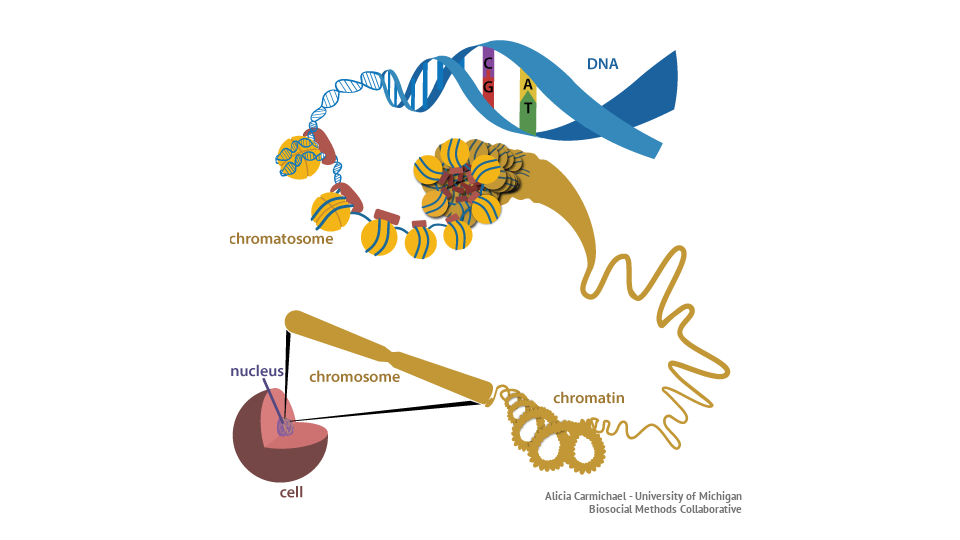
British diagnostics play OBD lands contract with US pharma
The technology of Oxford-based Oxford Biodynamics (OBD) promises insights into why immunotherapies only work in some patients but not in all. A major US pharma company now wants to validate OBD's epigenetic biomarker discovery and development platform causing a share price gain of 15%.
Oxford Biodynamics plc (AIM:OBD) recently presented study results, where researchers profiled blood samples of cancer patients retrospectively with the company’s EpiSwitch platform. To differentiate responders from non-responders among patients with non-small cell lung cancer or melanoma treated with avelumab (an anti-PD-L1 antibody), pembrolizumab (an anti-PD-1 antibody), or pembrolizumab in combination with a non-platinum chemotherapeutic agent, OBD used machine learning methods to identify relevant epigenetic biomarkers. These kind of biomarkers provide information that can be used to understand various disease states and have the potential to shed light on the impact of treatment to improve clinical outcomes. The study was co-authored with collaborating scientists from German Merck KGaA’s US affiliate EMD Serono, US pharma company Pfizer, and US American not-for-profit academic medical center Mayo Clinic.
While Oxford Biodynamics did not reveal in mid-December what major US pharma company entered into a master service agreement with OBD to evaluate EpiSwitch biomarkers, it seems likely that industry heavyweight Pfizer is the one interested in finding predictive biomarkers that can help to find better matches of patient and immunotherapy. Under the terms of the master service agreement, the US pharma company will be granted access to OBD’s EpiSwitch technology for use in the development of predictive biomarkers. Details of the agreement and financial terms were not disclosed.
Commenting the recently presented study results, Alexandre Akoulitchev, Director and Chief Scientific Officer of Oxford Biodynamics, said that the data show that immuno-oncology biomarker development with EpiSwitch yields robust exclusion of non-responders across indications and combinations, provides asset-specific classifiers with high PPV, and may enable immuno-oncology drug development programmes to advance with smaller patient cohorts.
At London’s AIM the share price of OBD rose almost 15% to 118,75 British pence.



 adobe.stock.com - ipopba
adobe.stock.com - ipopba BioDlink
BioDlink